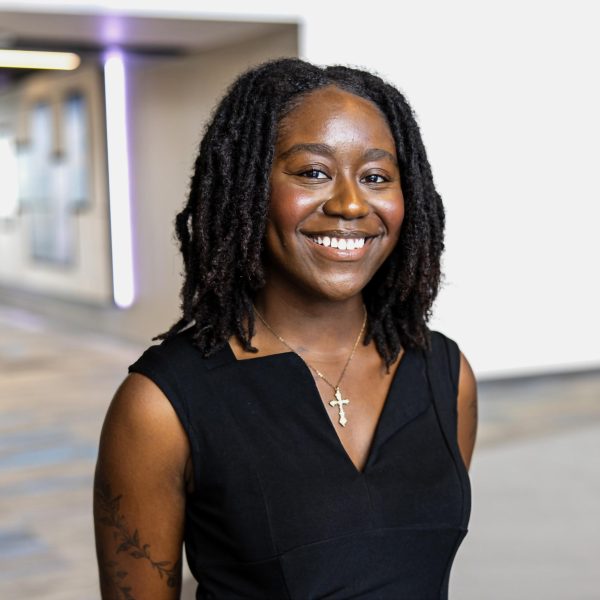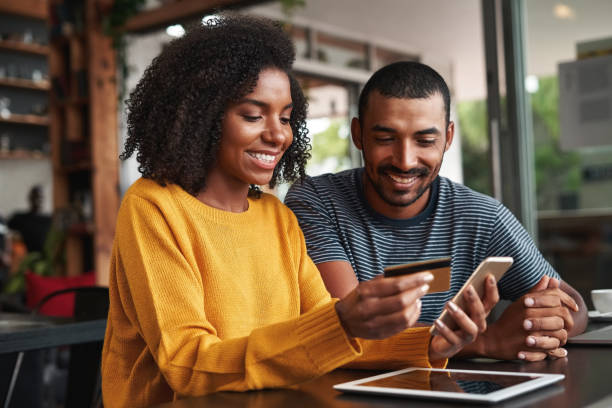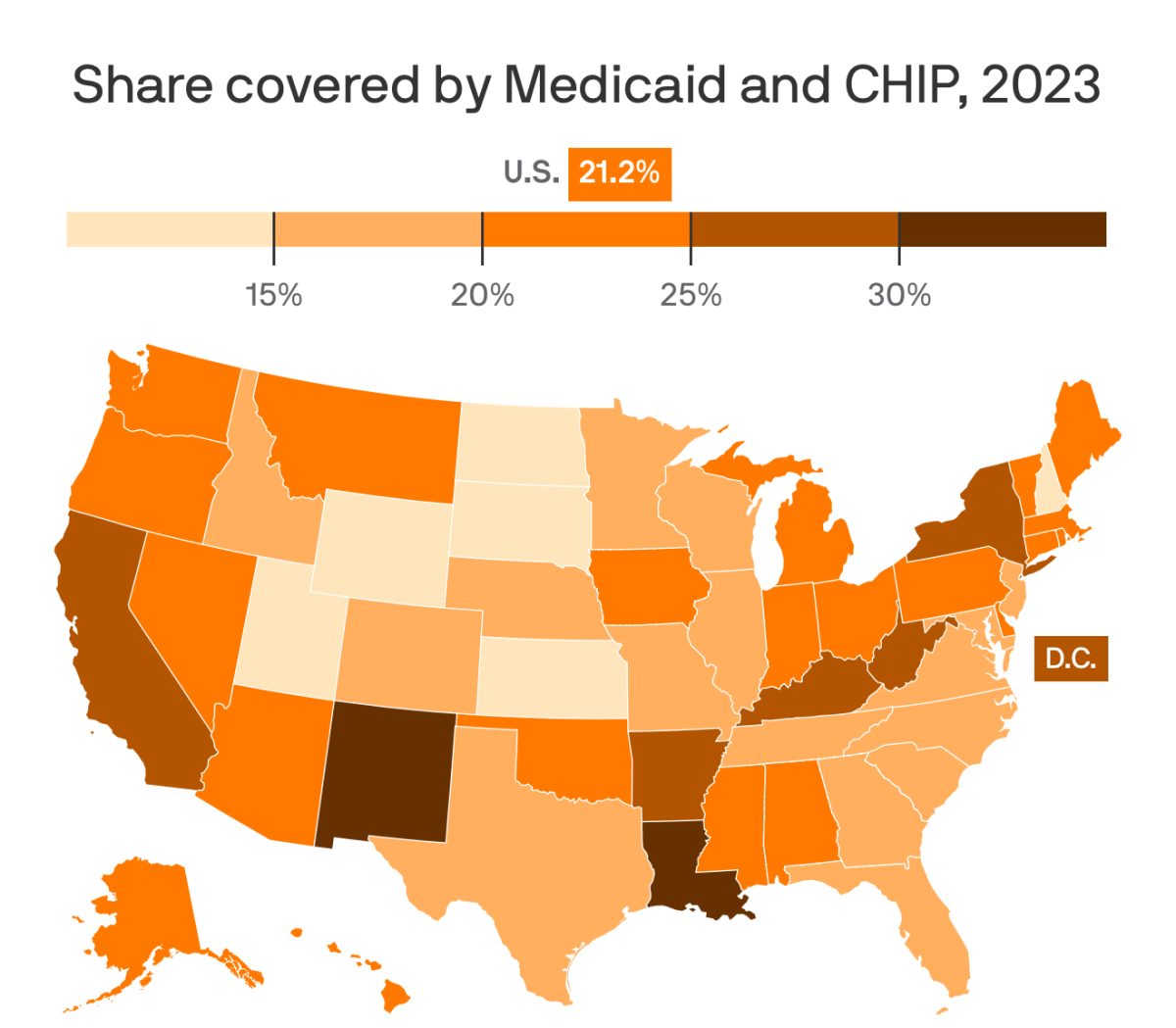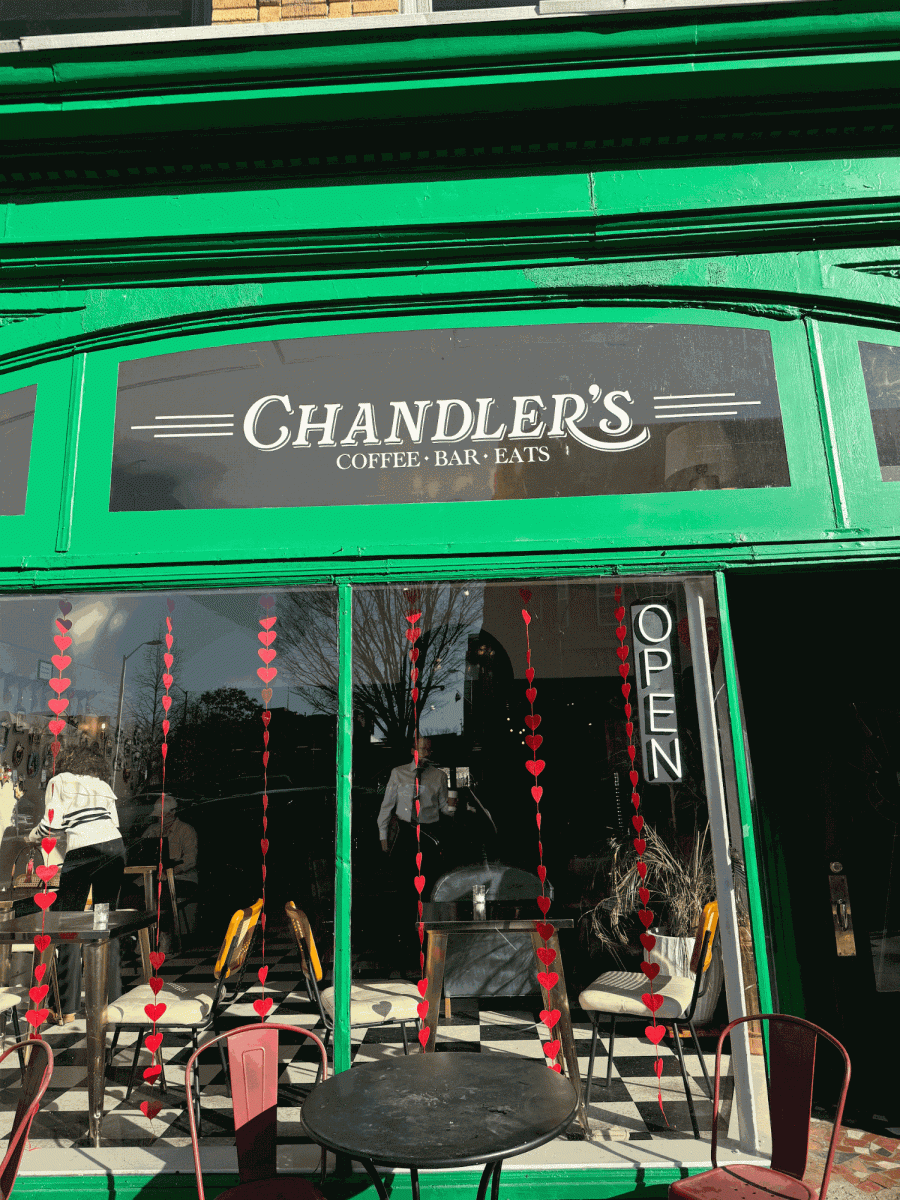Generation Z — the kings and queens of TikTok trends, meme culture, and texting in acronyms — are surprisingly spooked regarding relationships. Ask a Gen Z-er to commit, and you might as well ask them to give up their favorite social media platform. It’s just not going to happen quickly.
But what’s behind this commitment crisis? There are many theories, from fear of rejection to an obsession with independence. However, one specific reason isn’t getting enough attention: the overwhelming abundance of choices.
Remember the old saying, “There are plenty of fish in the sea”? Gen Z took that to heart — except now, the sea has become an endless digital ocean, and the fish are filtered, curated, and swiped. Dating apps have revolutionized how we connect, but they’ve also made relationships feel more like shopping sprees than emotional investments.
With every swipe on Tinder, Bumble, or Hinge, Gen Z-ers are overwhelmed with a new pool of potential partners. Each profile promises a different kind of connection — funnier, hotter, more compatible — and with so many choices at their fingertips, it’s no wonder they hesitate to commit. The paradox of choice has created an environment where it feels impossible to settle on just one person, because who knows if someone better is just another swipe away?
When you’re constantly seeing new options, it’s easy to get caught up in the idea that there’s always a more perfect match out there. Why lock yourself down when a better version of “the one” might still be out there, just one right-swipe away?
Here’s where things get complicated: Gen Z isn’t just looking for a partner. They’re looking for the perfect partner — someone who checks every box, fits every fantasy, and somehow matches their fast-paced, highly curated world. In the digital dating landscape, where filters smooth out imperfections and bios are crafted like personal marketing campaigns, people come across as idealized versions of themselves. This raises the stakes when choosing a partner, because committing feels like choosing between good, better, or best.
But real relationships? They don’t come with filters or the option to swipe away when things get tough. Relationships require vulnerability, effort, and time — things that often clash with the instant gratification mindset Gen Z has been conditioned to expect. When faced with the reality of imperfection in a partner, many Gen Z-ers would rather opt out entirely, hoping that the next swipe will bring them closer to perfection.
Then there’s the deeper fear: What if you commit, only to realize you’ve made the wrong choice? This is where indecision and anxiety come into play. In an era where we’re constantly told that we can have it all, the fear of choosing wrong becomes paralyzing. Committing to a relationship feels like closing the door to infinite possibilities, a loss that feels much larger when you’ve been exposed to so many options.
It’s not that Gen Z doesn’t want love or commitment. Many do. But the pressure to make the perfect choice — to find a partner who matches them not just now, but forever — makes them hesitant to dive in. And with the endless carousel of new faces on dating apps, the temptation to keep looking for that perfect match is hard to resist.
Maybe this generation’s hesitance to commit isn’t just about avoiding relationships. Maybe it’s a reflection of how relationships have changed. The definition of commitment itself is shifting, just as fast as the digital world around it. In a world of endless choices, Gen Z may not be afraid of commitment — they’re afraid of committing to the wrong thing when it feels like there’s always something better just a swipe away.
So, next time you wonder why Gen Z seems so scared of commitment, just remember: it’s not that they can’t love. They’re just trying to find love in a world full of too many choices — and that, in itself, is a difficult choice to make.








